1. Roots (1977)
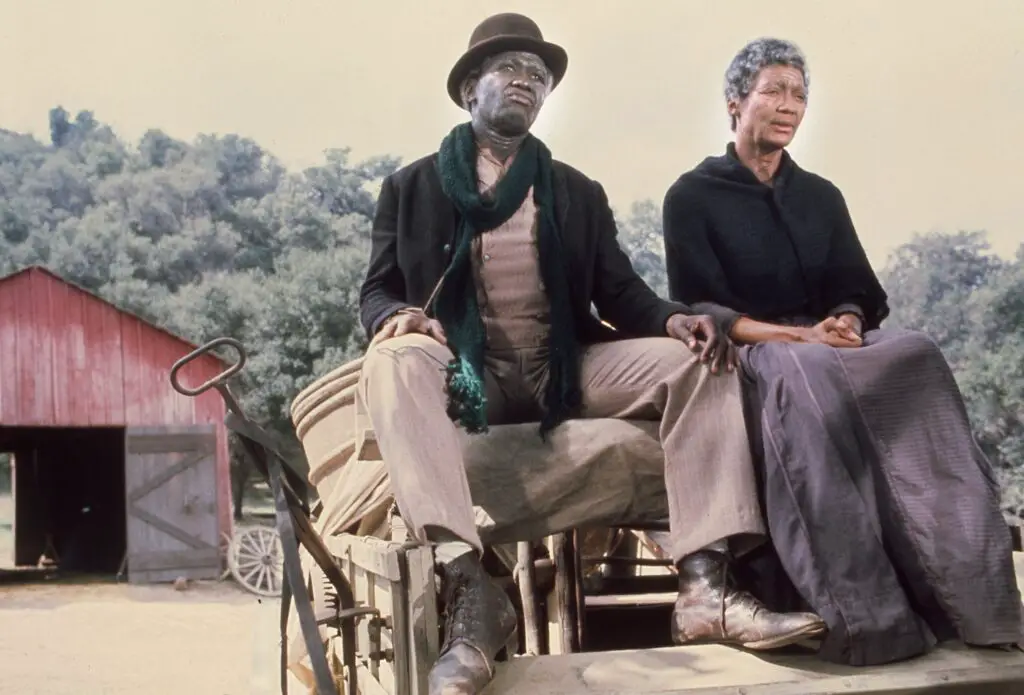
When Roots premiered in the ‘70s, it wasn’t just a television event—it was a cultural earthquake. Based on Alex Haley’s novel, it traced the harrowing journey of Kunta Kinte, an African man kidnapped and sold into slavery, and his descendants over generations. For many Americans, this was the first time they saw the brutality of slavery played out on screen without being sanitized. The miniseries didn’t flinch in showing the violence, dehumanization, and resilience of enslaved people, making it a painful but necessary watch. White audiences were confronted with the raw history they often ignored, while Black families saw their ancestors’ struggles honored. It became a national conversation, with an estimated 130 million people tuning in—a staggering number for its time. Schools started using it as a teaching tool, and it sparked dialogues about race that were long overdue. But there was also backlash, with some critics calling it “divisive” or “exaggerated.” The truth was, people weren’t ready to accept just how horrific slavery really was says Readers Digest.
Despite the discomfort it caused, Roots changed television forever by proving that Black stories could command massive audiences. It opened doors for historical dramas about Black history and gave Black actors complex, meaty roles they rarely got at the time. LeVar Burton’s portrayal of Kunta Kinte remains one of the most powerful performances in TV history. The miniseries was so impactful that it spawned sequels and a 2016 remake, reaffirming its lasting relevance. More than 40 years later, its legacy still looms large, reminding Hollywood that truth-telling isn’t always comfortable, but it’s necessary. The fact that some schools are still hesitant to teach the realities of slavery proves that Roots was ahead of its time. In many ways, America still isn’t ready for its message—but it still needs it.
2. The Cosby Show (1984-1992)
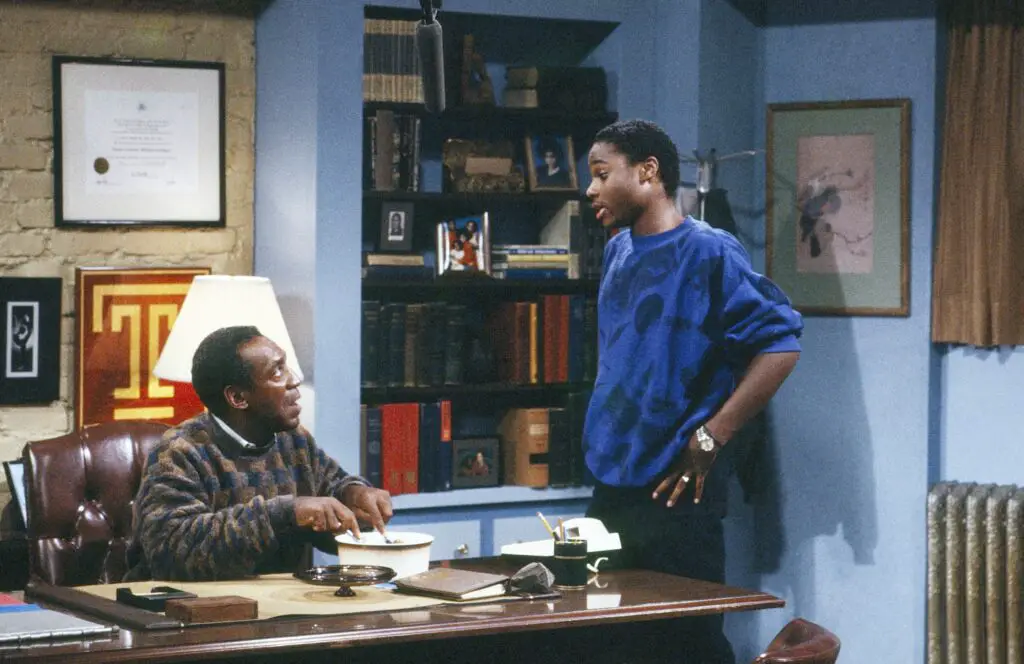
When The Cosby Show debuted, it shattered stereotypes of what a Black family “should” look like on television. The Huxtables weren’t struggling in poverty, nor were they relegated to sidekick roles in a white-dominated world. They were successful, educated, and relatable, proving that Black families could be just as aspirational as their white counterparts. At a time when mainstream media often painted Black people in a negative light, the show gave audiences a different narrative. It was joyful, funny, and full of love—something that shouldn’t have been revolutionary but was. Many critics at the time claimed it wasn’t “realistic” because it didn’t focus on struggle, as if a happy, thriving Black family was somehow a fantasy. But for millions of Black viewers, it was a refreshing and affirming portrayal of their own lives says the BBC.
Of course, the legacy of The Cosby Show has been complicated by Bill Cosby’s crimes, which cast a dark shadow over its impact. But it’s impossible to deny the show’s influence on television and the way it paved the way for series like Black-ish and Family Matters. It proved that a Black-led show could dominate ratings without playing into harmful tropes. The world might not have been ready for an unapologetically positive Black family sitcom, but it desperately needed one. It reminded audiences that Black joy and success deserve to be celebrated, not questioned.
3. A Different World (1987-1993)
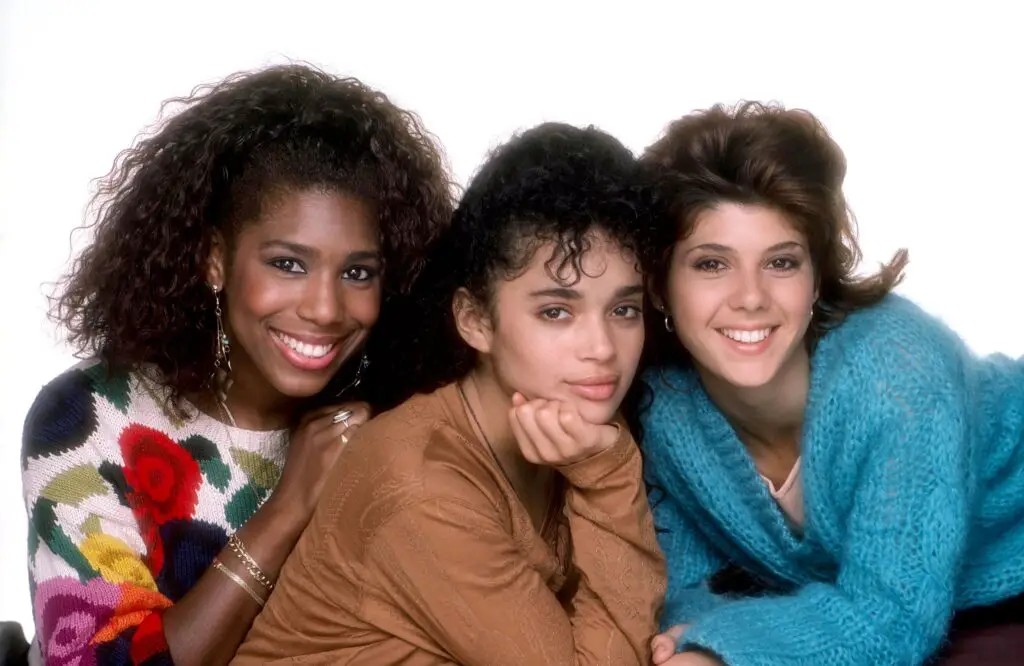
Spinning off from The Cosby Show, A Different World initially seemed like a simple college sitcom, but it became so much more. It showcased life at a historically Black college, introducing mainstream audiences to HBCU culture in a way that hadn’t been done before. While the first season was lighthearted, later seasons tackled real issues—racism, sexual assault, the HIV/AIDS crisis, and apartheid. These weren’t just background elements; they were central to the characters’ lives and storylines. At a time when many shows avoided politics, A Different World dove right in, forcing its audience to confront uncomfortable truths. It showed Black students as ambitious, intelligent, and socially conscious, countering the mainstream’s negative stereotypes.
For many young Black viewers, it was life-changing to see themselves represented in college life. The show directly influenced a surge in HBCU enrollment, proving how powerful representation can be. It also didn’t shy away from Black love, with Dwayne and Whitley’s romance becoming one of TV’s most beloved couples. Even decades later, its influence is felt in shows like Grown-ish and Dear White People. But at the time, some people weren’t ready for a show that presented young Black people as dynamic and educated. Despite its impact, networks have rarely greenlit similar shows, proving just how rare A Different World truly was says the Washington Post.
4. South Central (1994)
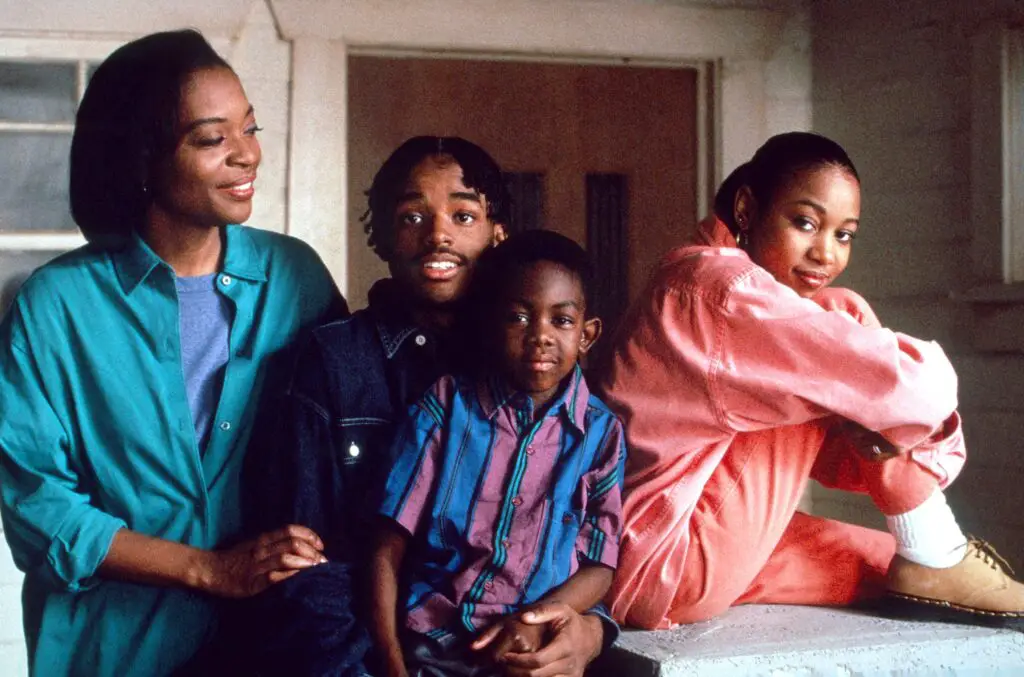
South Central was ahead of its time, and unfortunately, that meant it didn’t get the chance it deserved. Airing for just one season, it focused on a single Black mother raising her kids in Los Angeles while struggling to keep them away from gang violence. Unlike many shows that sensationalized inner-city life, South Central was raw, nuanced, and deeply human. It didn’t sugarcoat the realities of poverty or crime, but it also didn’t make its characters one-dimensional. Its portrayal of Black working-class life was so real that some critics found it “too depressing.” The world wasn’t ready for a show that told these stories without making them entertainment spectacles.
Despite its short run, South Central left a mark. It featured future stars like Larenz Tate and Jennifer Lopez, and it influenced later shows like The Wire and Snowfall. It told the kind of stories that mainstream Hollywood usually avoids, and that’s why it was canceled so quickly. The industry wasn’t ready for an honest portrayal of Black struggle that wasn’t wrapped in humor or melodrama. But for those who watched, it was unforgettable.
5. The Boondocks (2005-2014)
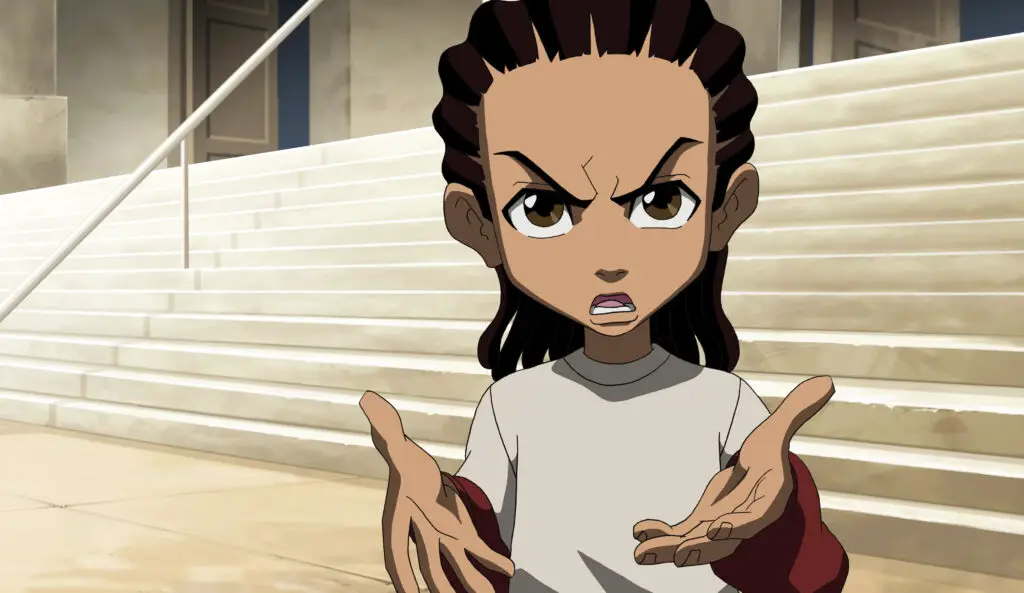
Before social media made calling out racism mainstream, The Boondocks was doing it with cutting satire. The animated series, based on Aaron McGruder’s comic strip, pulled no punches in critiquing American culture. Whether it was addressing police brutality, corporate exploitation, or political hypocrisy, the show went places most wouldn’t dare. Huey Freeman, the young revolutionary at the heart of it, became a voice for the frustrations of an entire generation. Meanwhile, his brother Riley represented the influence of hip-hop culture, both good and bad. It tackled topics that even live-action shows hesitated to touch, like the glorification of ignorance in pop culture and the failures of Black leadership.
While some dismissed it as just an edgy cartoon, The Boondocks was deeply intellectual in its critique of race and class. It challenged both white and Black audiences to think critically about the world they lived in. Some episodes were so controversial they were banned, proving that the show was too ahead of its time. The world wasn’t ready for a show that mocked everyone with equal ferocity, but it needed it. Even years after it ended, its commentary still holds up—sometimes too well.
6. New York Undercover (1994-1999)
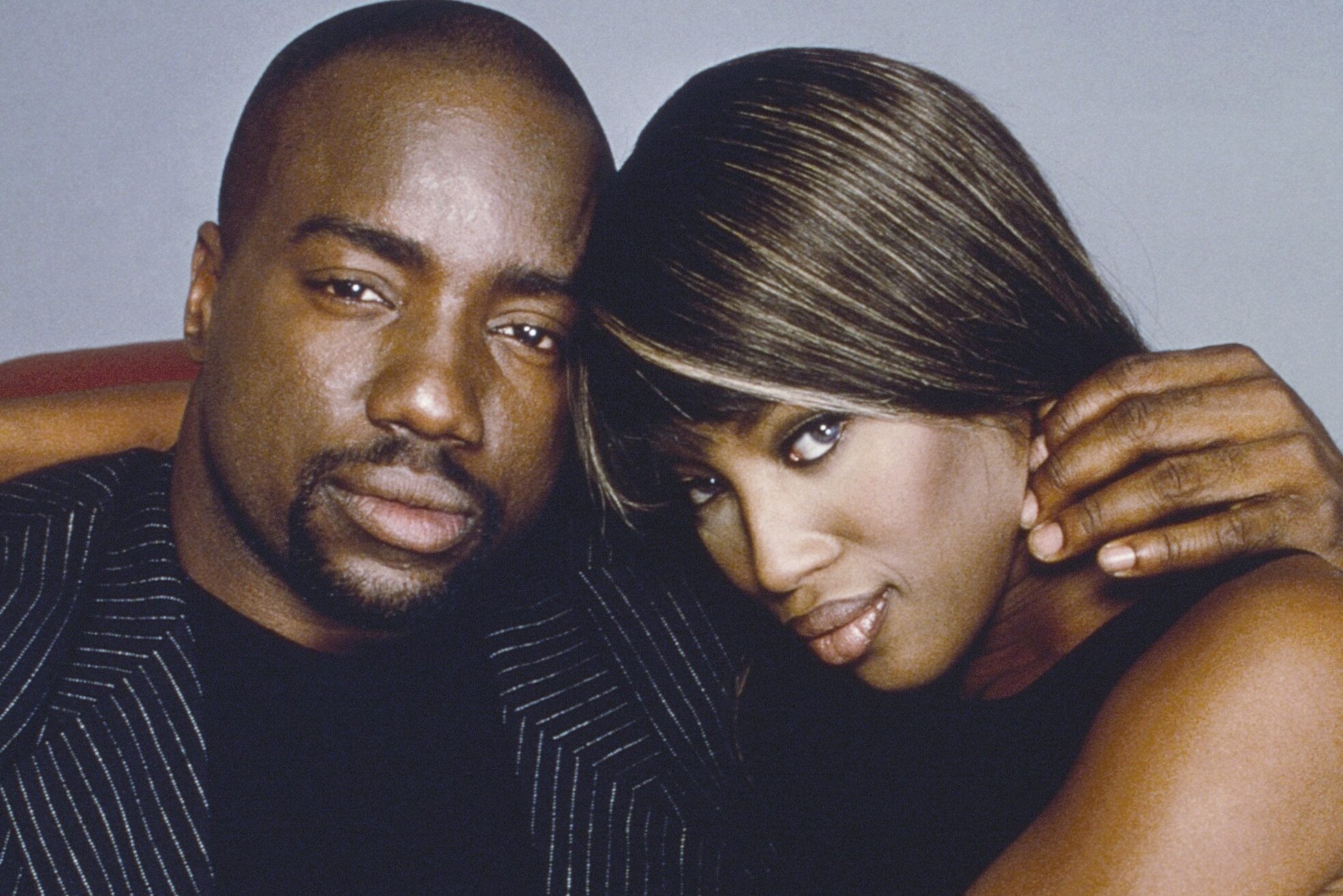
When New York Undercover hit TV screens in the ‘90s, it broke ground as the first police procedural to feature two men of color—Malik Yoba as Detective J.C. Williams and Michael DeLorenzo as Detective Eddie Torres—as the lead characters. It wasn’t just another cop show; it was a series that put Black and Latino experiences front and center in a way that had never been done before. The show tackled gang violence, police brutality, and systemic racism while still delivering high-stakes crime stories. Unlike its predecessors, it wasn’t afraid to explore the tension between law enforcement and the communities they served, something that remains relevant today. It also had an undeniable cool factor, blending hip-hop and R&B culture with a killer soundtrack and live performances from legends like Aaliyah and Mary J. Blige.
Despite its success, New York Undercover never got the recognition of other cop dramas like NYPD Blue or Law & Order. Some networks weren’t ready for a show that humanized Black and brown cops while also criticizing the system they worked for. It challenged both the glorification of police and the demonization of urban communities, something mainstream audiences weren’t used to seeing. After a few seasons, behind-the-scenes changes watered down what made it special, and it eventually faded away. But its influence is undeniable, paving the way for more diverse crime dramas like The Wire and Snowfall. The world wasn’t fully ready for New York Undercover, but it desperately needed its perspective.
7. Underground (2016-2017)
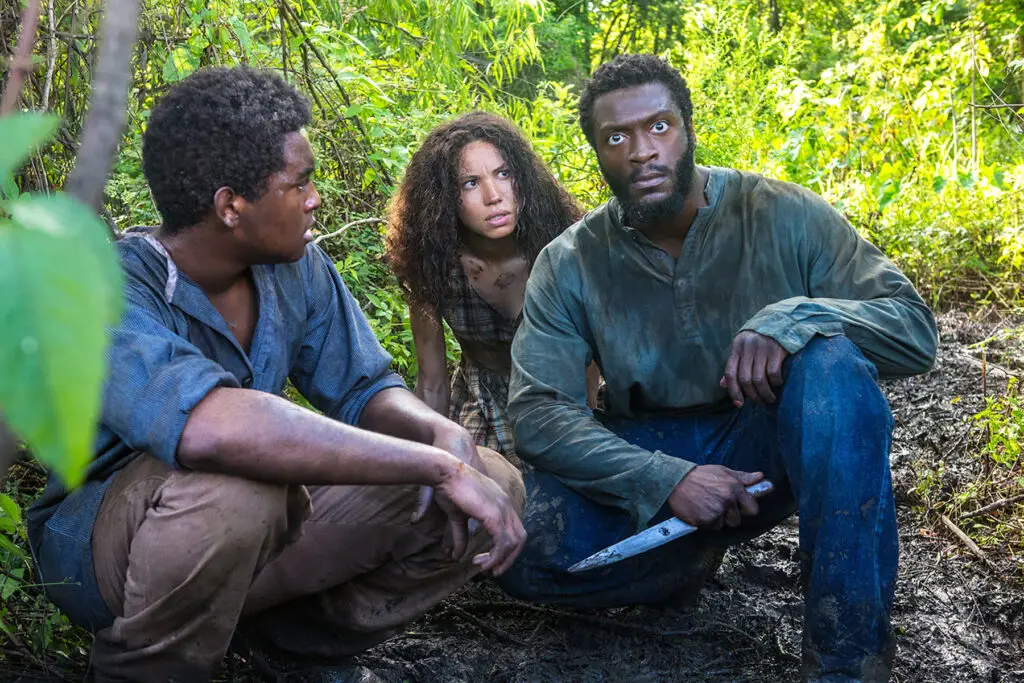
At a time when Hollywood was hesitant to tackle slavery without white saviors, Underground dared to do something different. The show followed a group of enslaved people planning a daring escape along the Underground Railroad, but it wasn’t the slow, sorrowful drama audiences expected. Instead, it played like a high-stakes thriller, complete with action, suspense, and rebellion. The characters weren’t just victims; they were warriors fighting for their freedom against impossible odds. It made viewers see slavery not as passive suffering but as an era filled with resistance and strategy. But for all its brilliance, Underground was too bold for its time.
Despite critical acclaim and a devoted fanbase, the show was canceled after two seasons, reportedly due to budget issues. But many suspected the real reason was that it was too radical in its portrayal of Black resistance. It refused to cater to white comfort, and that made networks uneasy. Years later, it’s still regarded as one of the best historical dramas of its era. But the fact that nothing like it has come since shows just how rare and necessary it was.
8. Queen Sugar (2016-2022)
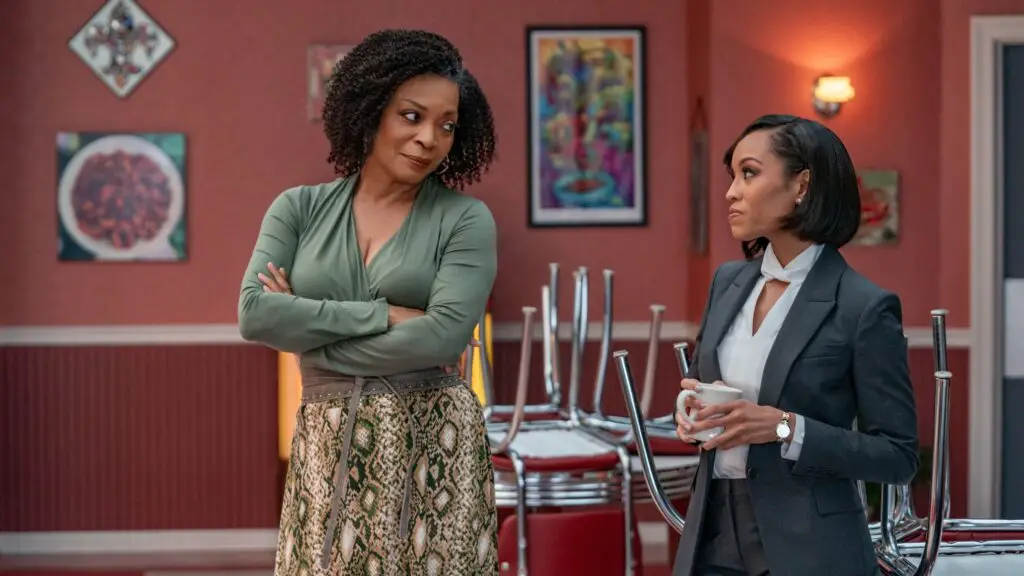
Ava DuVernay’s Queen Sugar wasn’t just another family drama—it was a revolution in Black storytelling. Centered on the Bordelon siblings as they struggled to maintain their family’s sugarcane farm in Louisiana, the show was intimate, poetic, and deeply rooted in Black Southern life. It tackled issues like mass incarceration, generational trauma, and land ownership, all while being visually stunning. But perhaps its biggest impact was behind the scenes. Every episode was directed by a woman, many of them women of color, making it a game-changer for representation in Hollywood.
Despite its beauty and depth, Queen Sugar never got the mainstream hype it deserved. It was a slow burn in a world that often demands fast, flashy storytelling. Some audiences weren’t ready for a show that asked them to sit with Black emotions without trauma being the central focus. But for those who watched, it was a rare and powerful portrait of Black family and resilience. It proved that Black stories don’t have to be rushed or exaggerated to be meaningful.
9. Them (2021-Present)
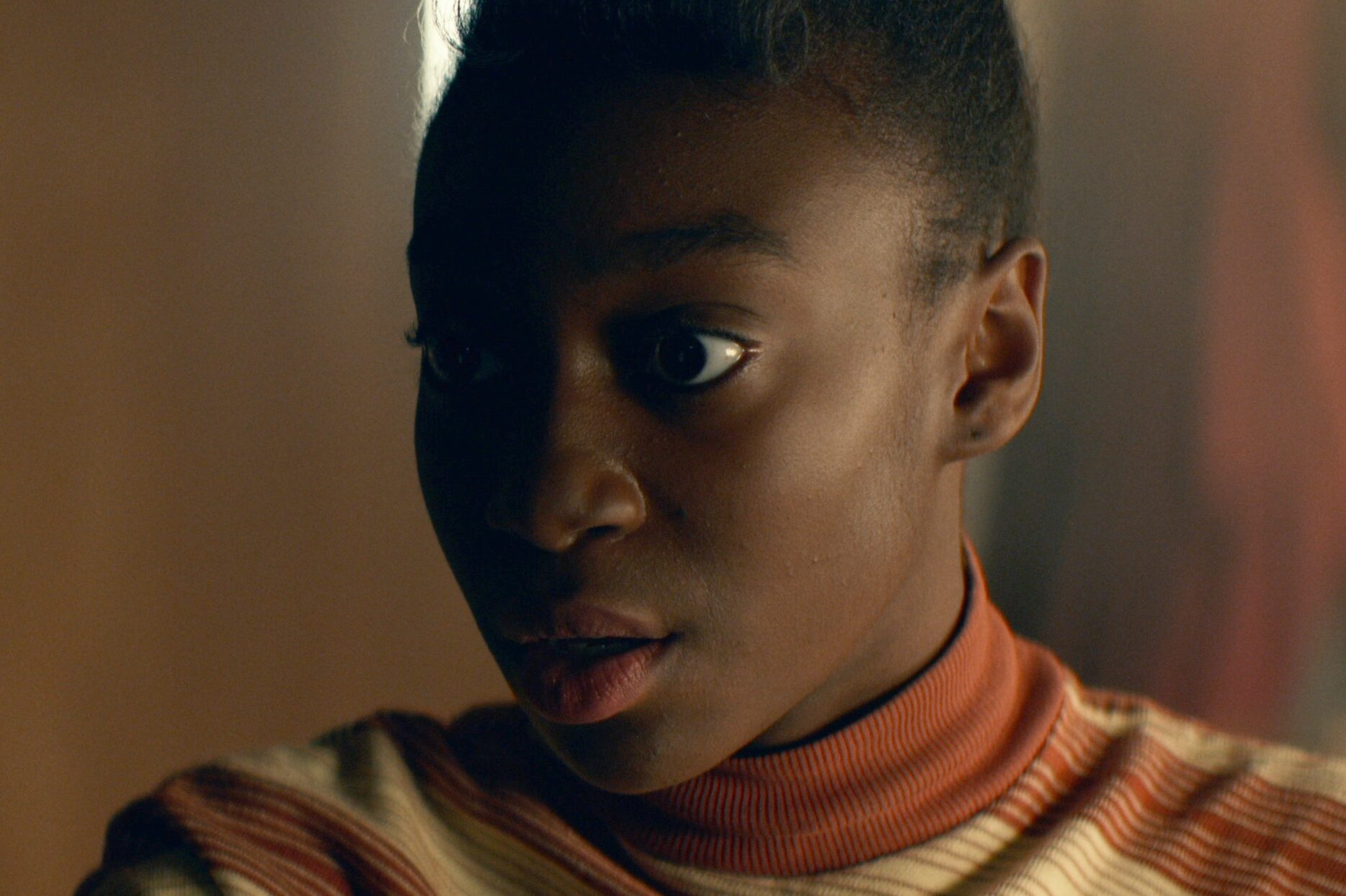
Them took the concept of horror and twisted it into something deeply unsettling. The first season followed a Black family moving into an all-white neighborhood in 1950s Los Angeles, only to face both supernatural and real-world terror. It was a brutal watch, blending historical racism with eerie, psychological horror. The show forced audiences to confront the fact that racism itself is horrifying—not just in a metaphorical sense, but in a real, visceral way. Many critics argued that it was too extreme, too violent, too painful. But the truth is, the realities it depicted weren’t exaggerated.
Despite the backlash, Them sparked necessary conversations about how Black trauma is depicted in media. Some argued it was too much, while others saw it as a reflection of the horrors Black people have endured for generations. It wasn’t made for comfort; it was made to disturb, to challenge, to haunt. The world wasn’t ready for a horror show that didn’t make its Black characters secondary victims, but it needed one that did.
10. The Carmichael Show (2015-2017)
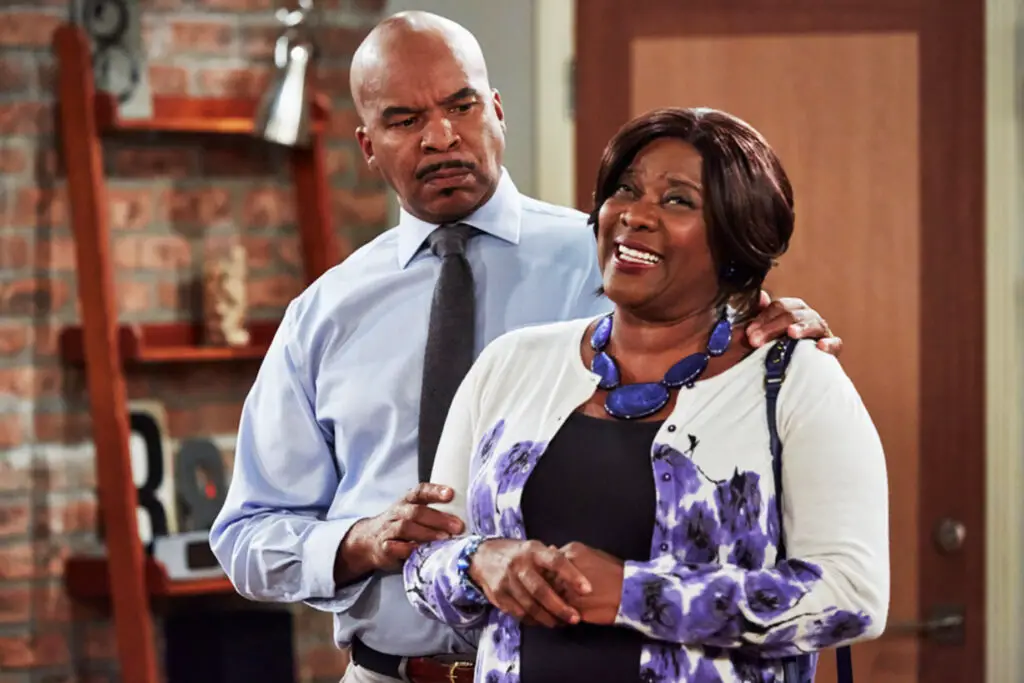
The Carmichael Show was unlike anything else on TV when it premiered, and that was precisely the problem—it was too bold, too real, and too willing to push boundaries. Created by comedian Jerrod Carmichael, the show took a classic multi-camera sitcom format and used it to tackle some of the most controversial issues in America. Racism, gun control, Black Lives Matter, religion, LGBTQ+ rights, and even Bill Cosby—nothing was off-limits. It wasn’t just about making people laugh; it was about making them uncomfortable in the best way. Every episode felt like a debate playing out in real-time, with different perspectives clashing in a way that felt both authentic and necessary. It gave audiences the kind of raw, unfiltered conversations that happen in real Black households but rarely make it onto television.
Despite its brilliance, The Carmichael Show struggled to get the backing it deserved. NBC never quite knew what to do with it, shifting it around the schedule and failing to promote it properly. Some critics felt it was too heavy for a sitcom, while others didn’t like how it refused to pick sides on controversial topics. But that was its genius—it made people think instead of telling them what to believe. Jerrod Carmichael ultimately walked away from the show, frustrated with the lack of support, and its run was cut short after just three seasons. Even so, its impact lingers, proving that sitcoms don’t have to avoid tough conversations to be great. The world wasn’t ready for The Carmichael Show, but it was exactly the kind of TV we needed.
